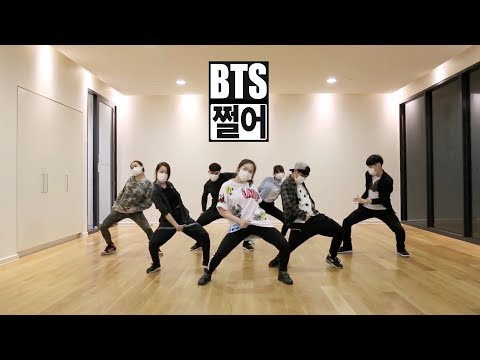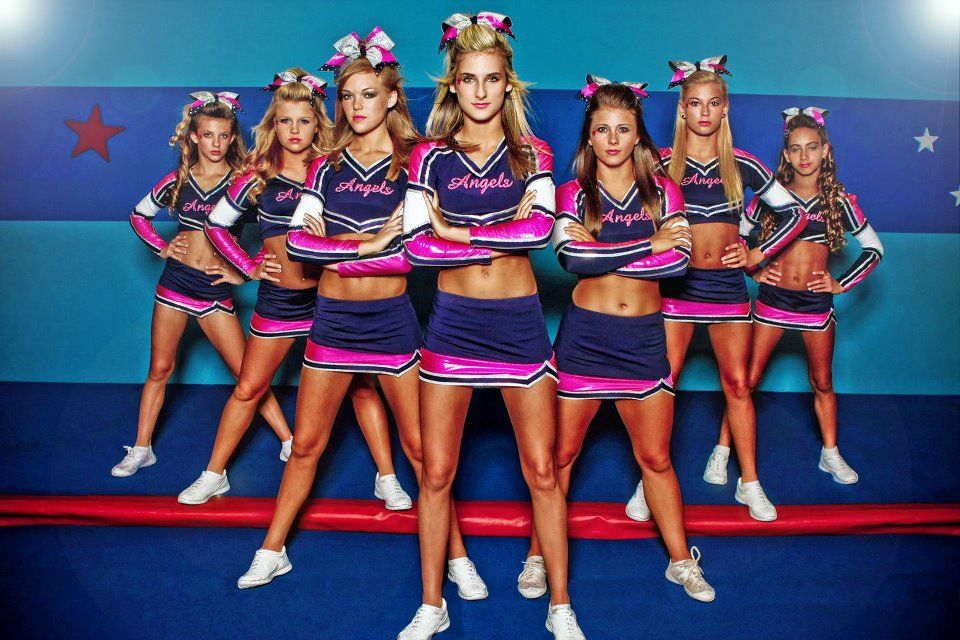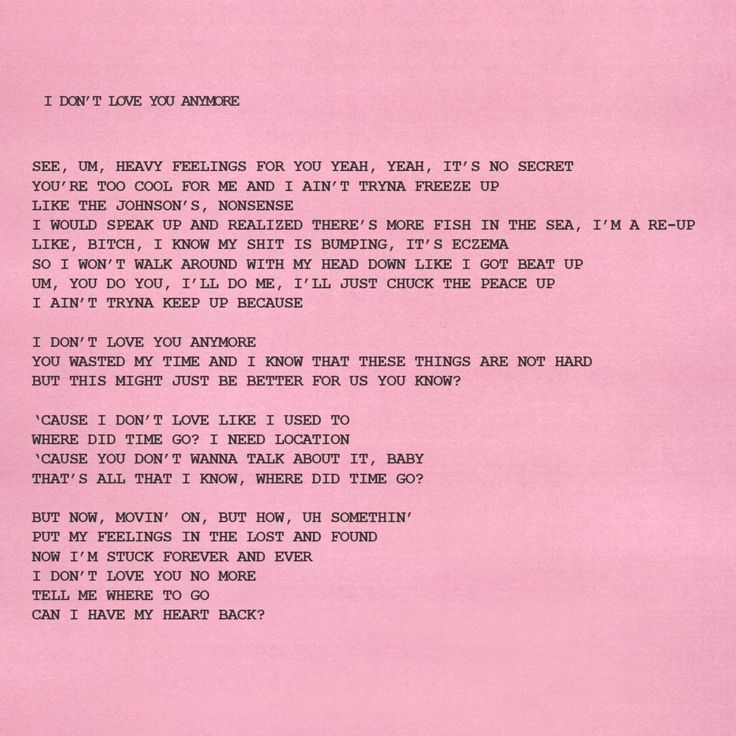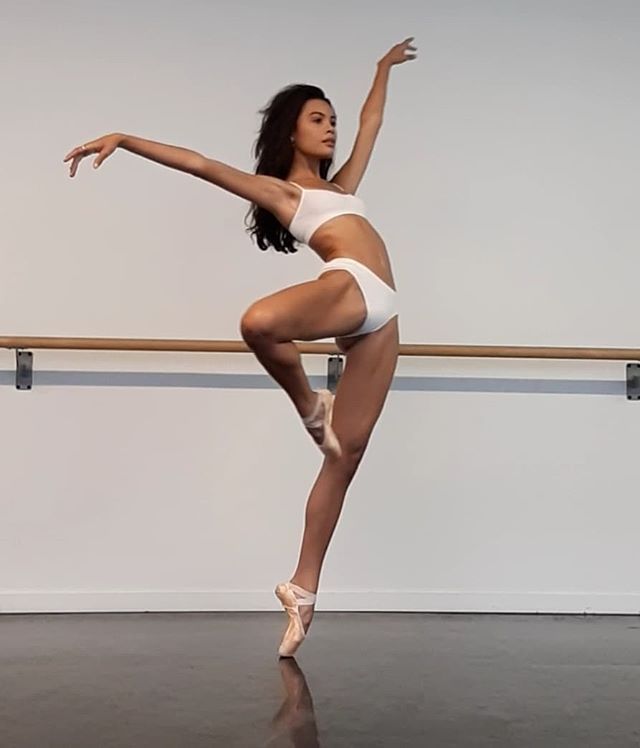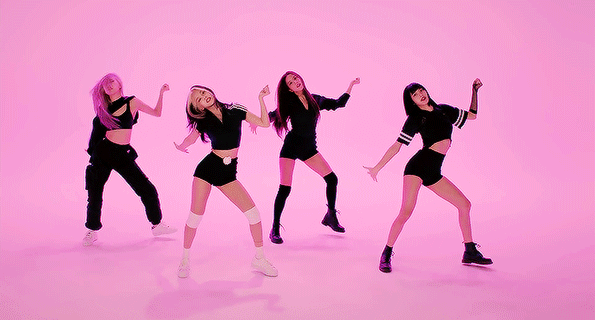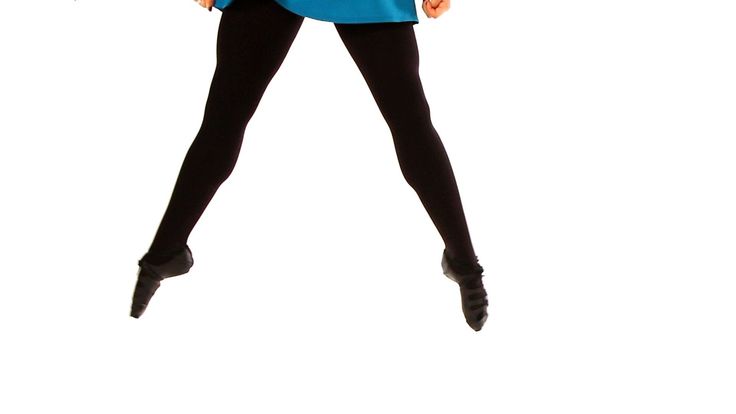How come batman doesn t dance anymore
The importance of the Dark Knight’s lighter side
By
Erik Adams
Comments (499)Alerts
We may earn a commission from links on this page.
American actor Adam West dressed as ‘Batman’ for the filming of a road safety ad for children, 1967Photo: Watson/Express/Hulton Archive/ (Getty Images)
In honor of The Batman opening this week, we are rerunning some of our favorite features about the Caped Crusader. This article originally ran on February 3, 2017.
Last spring, I encountered a feeling altogether new: There was a Batman movie in theaters, and I had no interest in seeing it. Everything surrounding Batman V Superman: Dawn Of Justice—the dishwater palette of its marketing material, the resurrection (and re-dispatching) of Thomas and Martha Wayne, the words “directed by Zack Snyder”—heralded a film with all the thrills and the excitement of the small-claims court case implied by its title.
Around the same time, I was reading the ideal antidote to Dawn Of Justice. The Caped Crusade by Glen Weldon is a delightful cultural history of Batman, one that traces the character’s evolution from costumed detective to campy TV phenomenon to brooding street-level crime fighter to the flinty, Christopher Nolan-inspired Dark Knight socking the mommy issues out of the Man Of Steel. Weldon’s book also closely monitors the public perception of these many Batmen, and in that I found a kindred spirit in my exhaustion with the interpretations of the character that persisted after Christian Bale took on the cowl for two good Batman movies and one great one. As he writes near the end of the book:
“The hard-core Batman nerds have gotten what they want at last. The Batman of the comics is a grim loner again, and the culture at large has embraced Nolan’s dark, humorless, and hyperrealistic Batman. In fact, teaser trailers for Zack Snyder’s Batman V.
Superman: Dawn Of Justice show us a grim, laconic Dark Knight squarely in the Nolan mode. And today, when the New York Times features coverage about comics in general and Batman in particular, the much-loathed words ‘POW!’ and ‘ZAP!’ feature in headlines rarely.
The world has accepted hard-core fans’ argument. Batman, this children’s character who dresses up in a costume to effect the change he wishes to see in the world via face punching, is serious.”
But there is, as in all stories involving the World’s Greatest Detective, a ray of hope cutting through the darkness. A light hitting the gloom on the gray, if you will: This past weekend saw the premiere of The Lego Batman Movie, a semi-sequel to The Lego Movie that takes that film’s preening, operatically miserablist Caped Crusader minifigure and drops him into his own feature-length adventure. As portrayed with gravel-throated obliviousness by Will Arnett, this version of the character summed up his M.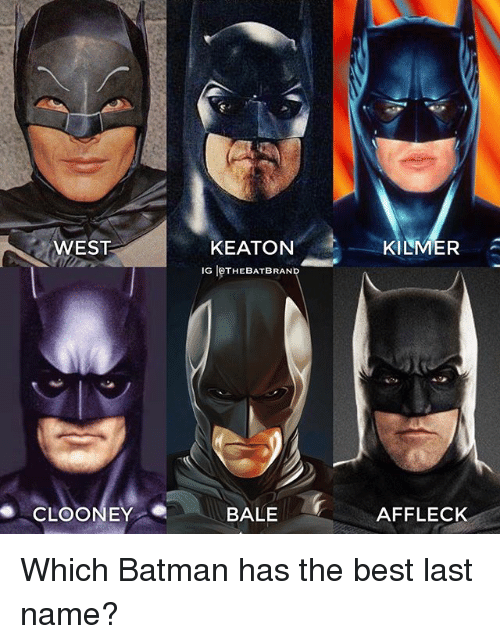 O. in The Lego Movie by musically bludgeoning the stuff of Nolan’s and Snyder’s films. This is a Batman who takes himself seriously but is not, to borrow Weldon’s phrasing, serious. And it’s about damn time.
O. in The Lego Movie by musically bludgeoning the stuff of Nolan’s and Snyder’s films. This is a Batman who takes himself seriously but is not, to borrow Weldon’s phrasing, serious. And it’s about damn time.
Because here’s what the overzealous fan worshipping at the altars of The Dark Knight, Batman: Year One, or Arkham Asylum (game series or graphic novel, take your pick) conveniently forgets: Joel Schumacher didn’t make Batman ridiculous by sculpting nipples into the Batsuit. William Dozier didn’t make Batman ridiculous by portraying the Dynamic Duo as a grown Boy Scout and his “Gee whiz” ward in the 1960s TV show. Silver-age editor Jack Schiff didn’t make Batman ridiculous through an emphasis on science-fiction adversaries and plots centered on abrupt wardrobe changes. Batman has always been ridiculous. He dresses like a creature of the night to strike terror into the hearts of criminals, and, as devoted fans of the franchise know, criminals are a superstitious, cowardly lot.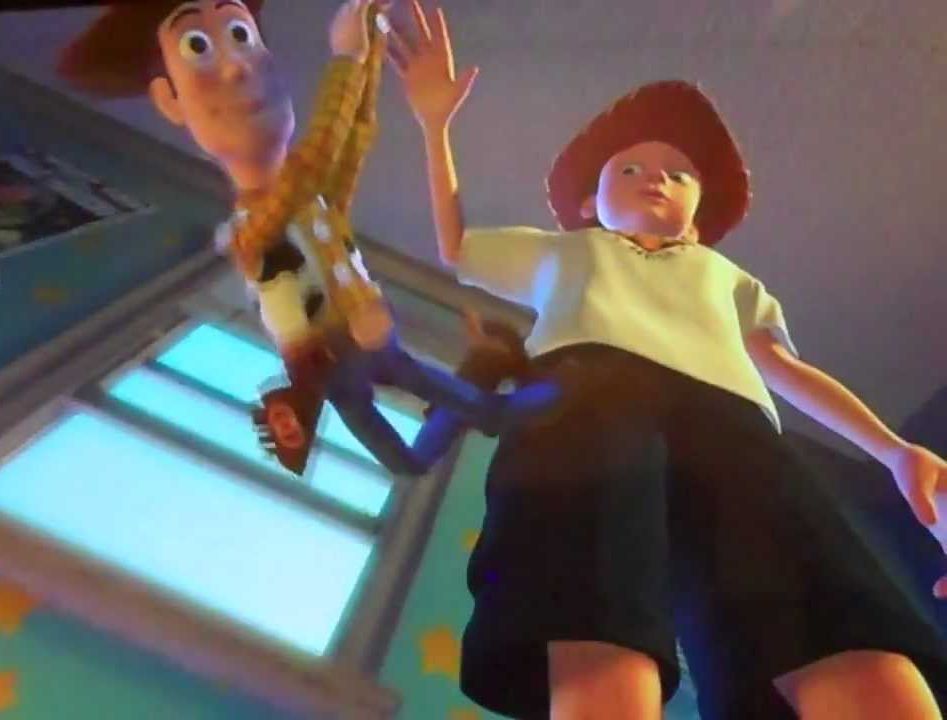 That lot and the “weird figure of the dark” who torments them occupy a daffy universe of theatrical wardrobes, ostentatious architecture, and “wonderful toys.” To expect this world to always conform to the limitations of our reality, or to reflect only its most sordid characteristics, is its own form of ridiculousness.
That lot and the “weird figure of the dark” who torments them occupy a daffy universe of theatrical wardrobes, ostentatious architecture, and “wonderful toys.” To expect this world to always conform to the limitations of our reality, or to reflect only its most sordid characteristics, is its own form of ridiculousness.
It’s in Batman’s best interest that we acknowledge the side of him that just wants to dance—whether it’s the Batusi or “Batdance”—in addition to the side that just wants vengeance for his murdered parents. Even The Dark Knight has some belly laughs, albeit of the morbid sort—remember the pencil trick? As Jesse Hassenger notes in The A.V. Club’s review of The Lego Batman Movie, Batman is a figure of many dualities; the complexities that make him a compelling character similarly make him a powerful cultural force. There is no one “true” Batman. He’s as malleable and mutable as any other pop-culture creation with a similarly long shelf life. But not Mickey Mouse, not Bugs Bunny, nor Superman himself could anchor one of the most philosophical (and unapologetically downbeat) action blockbusters of all time and one of the finest examples of television-as-Pop Art. There’s a richness to the character because enough creative people throughout the ages have refused to treat him as one thing or the other. To deny a humorous take like The Lego Batman Movie is to deny the next reinvention that takes Batman and his world seriously but removes the thudding Snyderian dullness or the tattoo-on-forehead badass posturing of Suicide Squad.
But not Mickey Mouse, not Bugs Bunny, nor Superman himself could anchor one of the most philosophical (and unapologetically downbeat) action blockbusters of all time and one of the finest examples of television-as-Pop Art. There’s a richness to the character because enough creative people throughout the ages have refused to treat him as one thing or the other. To deny a humorous take like The Lego Batman Movie is to deny the next reinvention that takes Batman and his world seriously but removes the thudding Snyderian dullness or the tattoo-on-forehead badass posturing of Suicide Squad.
And I know, because I’ve been there. I was the teenager who rolled his eyes when his parents lamented that the sun never seemed to set on Adam West’s Gotham City, yet it was always nighttime in Tim Burton’s. I was the college student whose interest in Batman Begins and old Frank Miller and Alan Moore trade paperbacks led him to forsake his childhood favorite, Batman Forever.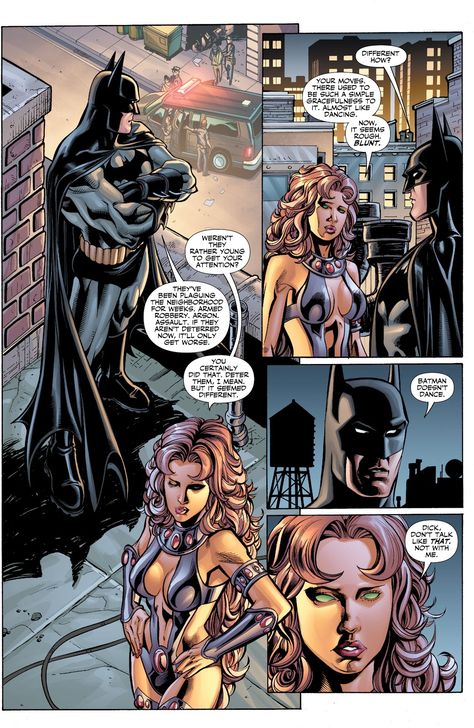 I certainly wouldn’t have spewed vitriol at someone for saying The Dark Knight is too grim—but I might’ve cornered them at a party to argue that there wasn’t a TV show that truly understood the franchise until Batman: The Animated Series.
I certainly wouldn’t have spewed vitriol at someone for saying The Dark Knight is too grim—but I might’ve cornered them at a party to argue that there wasn’t a TV show that truly understood the franchise until Batman: The Animated Series.
I can’t pinpoint the moment I reopened my heart to Batmen of all tones and executions. But I can say that it enhanced my appreciation of the character and the world he occupies—a place that’s big enough to house stinging critiques of institutional corruption, thoughtful theses on the nature of heroism, The Hand From Nowhere, and that giant penny that’s kept among the memorabilia in the Batcave. It’s all about balance, and dimension, and Batman has picked up plenty in nearly 80 years of existence.
It’s a lot like the paradox that becomes a deadly fixation for Gotham’s Rogues’ Gallery: Could they exist without Batman, and Batman without them? The big-screen Batman of 1989 couldn’t have existed without the small-screen make of 1966.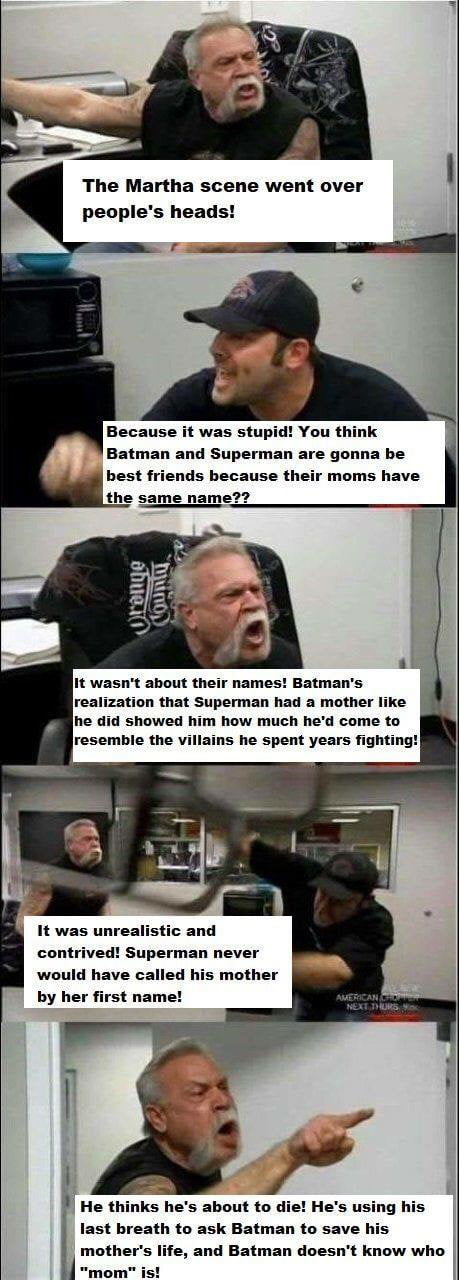 So much of what led to Burton’s first Batman movie was inspired by decisions to move the superhero away from special guest villains and comical booby traps: The gothic tinge of Neal Adams and Denny O’Neil’s ’70s stories; the satirical sadism of The Dark Knight Returns. The pendulum just swings more quickly now: It took less than nine years to get from Christian Bale grunting “Swear to me!” to Will Arnett growling “Darkness. No parents. Continued darkness. The opposite of light.”
So much of what led to Burton’s first Batman movie was inspired by decisions to move the superhero away from special guest villains and comical booby traps: The gothic tinge of Neal Adams and Denny O’Neil’s ’70s stories; the satirical sadism of The Dark Knight Returns. The pendulum just swings more quickly now: It took less than nine years to get from Christian Bale grunting “Swear to me!” to Will Arnett growling “Darkness. No parents. Continued darkness. The opposite of light.”
The difference, as Weldon writes in The Caped Crusade, is that DC is more willing to be the giant hand swinging that pendulum. When Batman V Superman, Suicide Squad, the Batman ’66-inspired Return Of The Caped Crusaders, and The Lego Batman Movie can all come out within the same 12-month span, it’s a sign of our growing comfort with a Gotham City that can be many different things to many different audiences. Moods will shift, tastes will change, but Batman’s always going to be there. And at this moment in time, the lighthearted Dark Knight is the hero we deserve and the hero we need.
And at this moment in time, the lighthearted Dark Knight is the hero we deserve and the hero we need.
YARN | And how come Batman doesn't dance anymore? | The Simpsons (1989) - S04E09 Comedy | Video clips by quotes | 1c268e96
YARN | And how come Batman doesn't dance anymore? | The Simpsons (1989) - S04E09 Comedy | Video clips by quotes | 1c268e96 | 紗Advertisement:
Yarn is the best way to find video clips by quote. Find the exact moment in a TV show, movie, or music video you want to share. Easily move forward or backward to get to the perfect spot. It's available on the web and also on Android and iOS.
And how come Batman doesn't dance anymore? The Simpsons - Mr. Plow [S04E09] More clips of this show |
PREV CLIP
And how come Batman doesn't dance anymore?
NEXT CLIP
| Like | Embed | Gif | Story | Make Meme | Share |
Copy the URL for easy sharing https://getyarn. | |||||
Advertisement:
#oops
#yelling
#goodmorning
#wow
F Is for Family (2015) - S02E04 Comedy
1.8s
and doesn't come around anymore.
Adaptation. (2002)
2.1s
So how come Amelia doesn't come around anymore?
Hall Pass (2011)
2.7s
How come Mommy doesn't wear a bikini anymore?
Family Guy (1999) - S14E20
1.3s
Nah, he doesn't come anymore.
New Girl (2011) - S02E09 Eggs
4s
Dance until you can't dance anymore. Dance until you can't dance anymore.
Gilmore Girls (2000) - S05E18 To Live and Let Diorama
1.9s
DOESN'T WORK ANYMORE?
Batman v Superman: Dawn of Justice (2016)
2s
My world doesn't exist anymore.
Bob's Burgers (2011) - S01E01
1.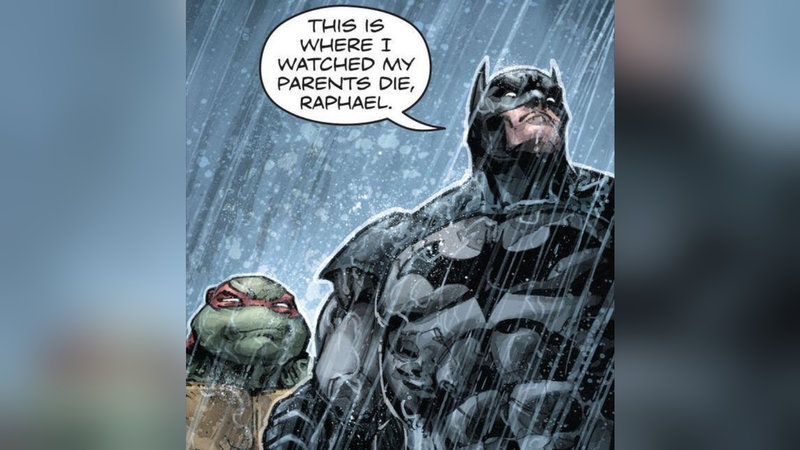 7s
7s
And it doesn't itch anymore.
Modern Family (2009) - S02E10 Dance Dance Revelation
2.3s
and she doesn't even have to come tonight if she doesn't want to.
Parks and Recreation (2009) - S04E12 Campaign Ad
1.8s
doesn't taste anything anymore.
Fear (1996)
2.4s
How come you're not dancing?
How I Met Your Mother (2005) - S02E18 Romance
2s
Ted doesn't live here anymore.
The Great Race
2.4s
...one doesn't dance. And I love to dance.
James Bond: Die Another Day (2002)
1.6s
It doesn't anymore.
The Handmaid's Tale (2017) - S03E12 Sacrifice
2.8s
doesn't exist anymore.
The Wire (2002) S01E06
1.2s
Doesn't drink anymore?
Advertisement:
About Support / FAQ Legal
Ultimate analysis of the movie Batman (2022) - Movies and series on DTF
How to prepare for watching this movie, or why is the movie still good, and why is this movie not a detective?
14316 views
Happy reading!
Article sections:
- Film synopsis
- Batman 9 reimagined0009
- Reinterpretation of the Riddler
- Visual, music and action film
- How to prepare for watching a movie?
- Movie impressions (with spoilers)
- Interesting movie details and plot analysis (with spoilers)
- Cons of the film and response to film criticism (with spoilers)
Movie synopsis:
Young reclusive billionaire Bruce Wayne has been dressing up as Batman for two years now. The film opens on Halloween night when the Riddler makes his first murder and he begins a series of vicious attacks on high-ranking officials while leaving notes for Batman. Along with Detective James Gordon, Batman begins to solve the mysteries of the Riddler.
The film opens on Halloween night when the Riddler makes his first murder and he begins a series of vicious attacks on high-ranking officials while leaving notes for Batman. Along with Detective James Gordon, Batman begins to solve the mysteries of the Riddler.
Batman Reinterpretation:
The character of Batman has undergone further changes, now Batman is not such an experienced fighter who can defeat 10 armed mercenaries as Ben Affleck, and not as duplicitous as Christian Bale's Bruce Wayne was - now Bruce Wayne has become a reclusive billionaire who did not survive the murder his parents, because of which he spent two years of sleepless nights fighting crime in Gotham, but he is still not sure of his moral guidelines.
I liked that this time everyone not only thinks Batman is a freak, but also dismisses him. He's not a particularly important freak, even to the police. The whole city is crawling with freaks, and Batman is just one of them, another weirdo in a suit.
Bruce grew up in an incredibly powerful family that, in fact, built the entire city. It seems to me that he is like a member of the royal family, which was overthrown. The fact is that Bruce stopped living when his parents were killed. He had a certain image of the right and ideal life that was before the murder stuck in his head.
Robert Pattinson
He had to learn to live with this feeling, and he came to the conclusion that fixing the city is his sole responsibility. Bruce believes that Gotham is his city, although this has not been the case for a long time. He has to find his place. He imagines himself the most important person in the city, but at some point he realizes that he is not the only one who wants change. As a result, he has to begin to negotiate with himself and others.
Robert Pattinson
The suit of the new Batman came out quite peculiar and original, the shape of the skull of the mask became more caricature, and the chin of the mask was removed to emphasize the jaw of Robert Pattinson.
A cloak collar was added, but the new armor made Batman into a modern knight with sparkling armor, and there was a removable bat emblem in the middle of the chest, which is also a detail showing Bruce's affection for his parents, since the emblem was created from the gun of his parents' killer.
Also changed the spikes/claws on his gloves that saved Christian Bale's Batman every time at a critical moment, but it was changed for the sake of design, now, as for me, it no longer makes sense. And also in gloves there is a self-extending betclaw.
And basically nothing has changed, Bruce Wayne is still the same billionaire and night avenger known as Batman.
Reinterpretation of the Riddler:
The only thing left of the canonical Riddler is his name and his love of riddles. The Riddler in the film came out as a kind of mixture of villains from the films "Seven", "Zodiac" and "The Dark Knight", the character of the Riddler came out quite original, but still this is not the canonical Riddler, since the essence of the character has changed.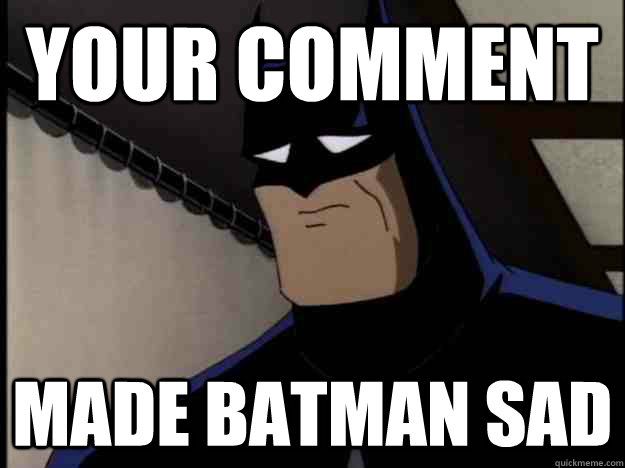 For example, in the film, the Riddler was involved in crime because of the theft of officials, that is, because of injustice, but the canonical Riddler had no "altruistic" intentions, his motive for engaging in crime was boredom, which is why he created sophisticated riddles for Batman.
For example, in the film, the Riddler was involved in crime because of the theft of officials, that is, because of injustice, but the canonical Riddler had no "altruistic" intentions, his motive for engaging in crime was boredom, which is why he created sophisticated riddles for Batman.
The design of the Riddler has also changed, he has become more mundane, a mask has been added to his image, and glasses over the mask, emphasizing his strangeness.
Visual, music and action film:
The visual of the film is very beautiful and the graphics are very high quality, each frame is worked out to a shine, very nice color correction, defocusing of the background and interesting camera spans do their job, in general, the cameraman did everything perfectly. Rain, and more rain, you'll marvel at the effects of rain in this endlessly rainy city of Gotham.
The style of Gotham is also amazing, but sometimes you feel the falsity of this city. Gotham in the film is based on and filmed in New York, the authors try to make it a noir gothic dirty city that has a place: long subways and large sewers, a pile of garbage in poor areas and homeless people living on the street, gothic buildings and neon signs, but all this. .. does not feel united and worked out, due to the fact that we do not see the general plan of the city, where it all stands together.
.. does not feel united and worked out, due to the fact that we do not see the general plan of the city, where it all stands together.
The music in the movie is quite interesting, there is a "Something in the Way" theme song by Nirvana that you will get tired of in the future, and the main Batman theme written by Michael Giaquino, who also wrote the theme for Tom Holland's Spider-Man, which I did not like about this theme is that it eerily resembles a Darth Vader theme.
The fights in the movie are good, but rather insipid due to the fact that he is not inventive, as we have already seen in the Batman Arkham series of games. The Batmobile, which was advertised everywhere, came out beautiful and cool-sounding, but the action scenes with it are rather weak and boring. The trailers of course literally spoiled ALL the action scenes, which is sad.
How to prepare for watching a movie?
Batman is a noir thriller. There was a lot of expectation from this movie, but we all got burned out, even Matt Reeves who said the movie was based on Seven, which caused the news to call it a detective story, which made people imagine a completely different movie.
The plot of the film is quite detailed and interesting, but you should watch the film prepared, since the director could not balance the film, you may not understand what the film focuses on: a detective story, a thriller or a superhero?
The viewer's attention is diverted to the different character arcs, and to the search for various references to the Batman universe. Because of what people think that the film is about the game of minds between the Riddler and Batman, it's really about the motives of the Riddler, keep this in mind and find different details, then the film will sparkle in other colors.
Still, the film came out weak, you need to understand this, but if you are wondering what kind of universe Matt Reeves wants to develop in the future, creating a dozen spin-offs for him, and what plot hooks they left for future films, or just pass the time then you should watch this movie. Otherwise, you can skip it, the film is quite passable.
The film is also very long, so you can watch it in several sessions.
[David Fincher's Seven Spoilers] Don't forget that Matt Reeves was inspired by David Fincher's Seven, if you've seen it, don't expect a stunning Batman ending, but the main tropes can be repeated but not much. [End of spoilers]
What follows is an extensive analysis of the film with spoilers, it is better to read this section after watching the film, if you watch it, you can share your impressions in the comments. Happy viewing!
Beware, spoilers follow!
Film impressions:
I had a rather strange relationship with this film, firstly, I watched it for the first time in CAMRip, because of which I did not understand the film, but then I watched it 3 times after the HD version appeared, and secondly, the film itself is very strange!
The film seems to be catchy and sometimes interesting, and the visuals are great, but this slow style of storytelling makes you feel bored, I think you could cut at least 30 minutes of running time.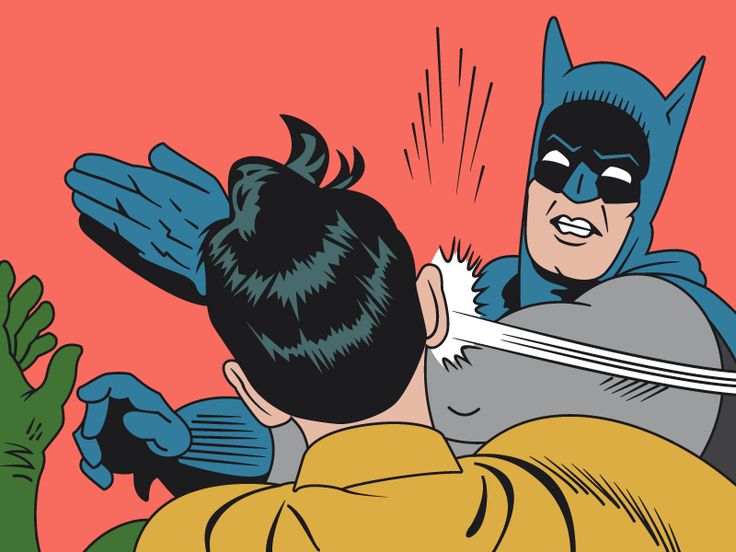 .. and the main theme of the film is incomprehensible, which is why people misunderstood and thought that the film was about the capture of the Riddler, which caused the audience to criticize the weak denouement.
.. and the main theme of the film is incomprehensible, which is why people misunderstood and thought that the film was about the capture of the Riddler, which caused the audience to criticize the weak denouement.
Pattinson's Batman came out quite authentic, in a figurative sense, too, and he looks beautiful in the frame, the other actors are also good, I especially want to note the rather organic chemistry of Bruce and Alfred, although he is scolded for playing somehow weakly, but they had such a plot, alas, you can’t play it out here, there is another problem with the mystery man, since apparently they cut out the story arc for him, since too little is shown about him.
The visual is beautiful, the music is honestly neither fish nor fowl, so I don't like this SOMTHING IN THE WAY. Fights are weak, frankly weak.
I didn't like the film as a result, as it's another chewing gum, with a claim to something deeper, and not yet needed arcs of a cat woman and a penguin, which, unsurprisingly, will have a spin-off on HBOMAX.
Interesting movie details and plot analysis:
Before starting the analysis of the whole plot, let's first think about what the film is about, the film is about the fact that all decisions have consequences [1], and also teaches Batman to be a symbol for civilians.
In the film, Batman contacts various characters and investigates crime scenes, which sounds like a detective story, but the opening scene of the film says to focus on dirty, corrupt Gotham, which can help to watch the film from the right angle.
The characters of the movie don't change much throughout the movie, Selina Kyle also stayed as her own, just taking Batman's point of view, Commissioner Gordon in this movie was kind of a godfather protecting Batman from the cops, but he didn't change a bit, Batman understood what to be a symbol for ordinary people, not just to scare criminals. Because of all these rather unrelated arcs, it's possible to think that the main character of the movie is Gotham itself and the stories of its characters.
By the way, there is one detail that did not appear in the film, remember the emblem on Batman's chest, as I said, this is the gun of the killer of Bruce's parents, but they did not talk about it in the film, apparently they thought that it interferes.
But what shouldn't have been removed, and why I think the Riddler got cut up, is that cut scene with the Joker:
In this scene, in addition to introducing the Joker, we are shown that in the original script of the film, Bruce was afraid of the Riddler because he was right for him, it seems to me that the film was cut off from the plot with the Riddler so that people in reality would not become like him, What happened to the Joker.
Speaking of Bruce's hatred of criminals, why does he hate them? I think that Alfred instilled this in him, since he said in the film that he himself tried to bring Falcone to clean water, but he could not, there are two options why he could not, apparently due to the fact that he could not find evidence, either was afraid that Falcone might kill Bruce, which was confirmed in the scene of Bruce's conversation with Falcone.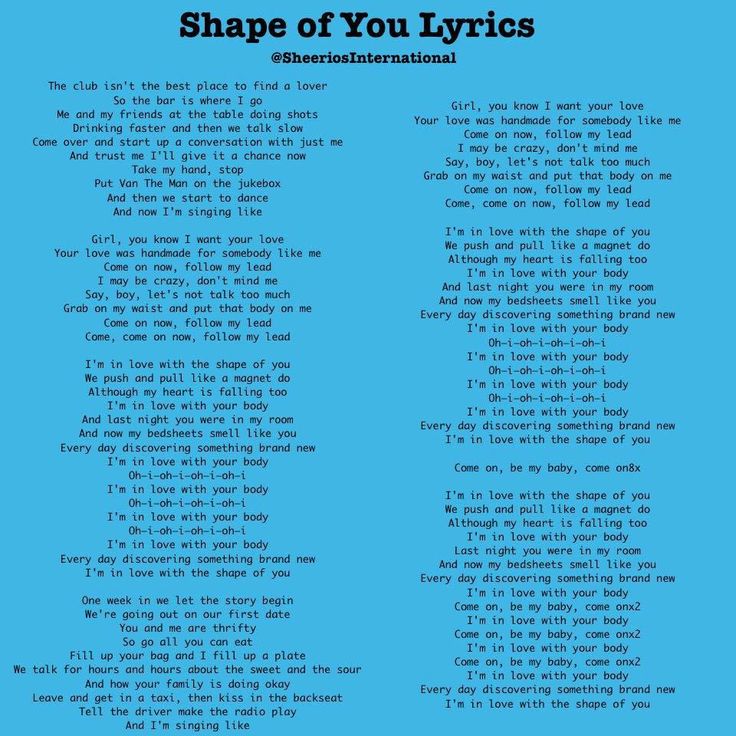
The film takes place after the arrest of the powerful drug lord Salvatore Maroni, who was framed by Carmine Falcone by conspiring with the mayor, the head of the Gotham police department and the district attorney.
The Riddler tracks down corrupt incumbent mayor Don Mitchell Jr and kills him with a carpet tacker, the mayor was stealing money from a Gotham renovation fund founded by Thomas Wayne, he also has an extensive car dealership :D
No CGI was used for the Wingsuit:
There is a scene in the movie that references Batman: Hush
In the scene investigating the evidence at the mayor's house, we learn that the police are not afraid of Batman, as Robert said in that quote, people think he is a freak and do not really try to catch him, as they did with Kristan Bale's Batman.
Bruce did not go out for several years, and did not influence politics in Gotham, although he could, which mayoral candidate Bella Real complained to Bruce.
Bruce, as we see in the story, lives in a very gothic mansion, which emphasizes his alter ego, and also refers to the Vampire:
Cons of the film and response to film criticism
Not working Chekhov guns in the film
Yes, this is a minus of the film, for example, remember the scene where Bruce was supposed to meet with investors, but in the course of the story we see that he never met with them, I think this scene Can you describe this movie?
Why couldn't Bruce solve any of the riddles on his own?
In general, the idea of a rich man fighting crime at night is very absurd, for example, in the movie "Batman Begins" Bruce Wayne ironically called the man behind the Batman mask abnormal:
(with sound)
So I think the best thing that could happen to Batman in this movie is that Bruce Wayne became a deranged recluse who grew up all his childhood in a rich mansion with his servants.
Why is this an interesting idea? because Bruce Wayne, according to the canon, tries to protect the weak and the poor, although he does not a priori know what it is like to be a working class, this is revealed in the film, showing that Batman does not understand some things that are normal for the working class.
All Bruce Wayne's mistakes with riddles were not due to problems with the intellect, he is fine with him, he knows how to solve riddles, it's more a problem that he is rich, and various normal things for the working class were not useful to him in life .
For example, the solution to the word DRIVE, in translation "Disk" indicating the drive of the machine, was solved by Alfred, since he apparently solved many riddles when he performed in the circus, more precisely MI6 (thanks for the correction)
(with sound)
Why is it called a detective?
This is a pure detective, but in the film the emphasis was not on solving mysteries, I think this can be considered a weak detective.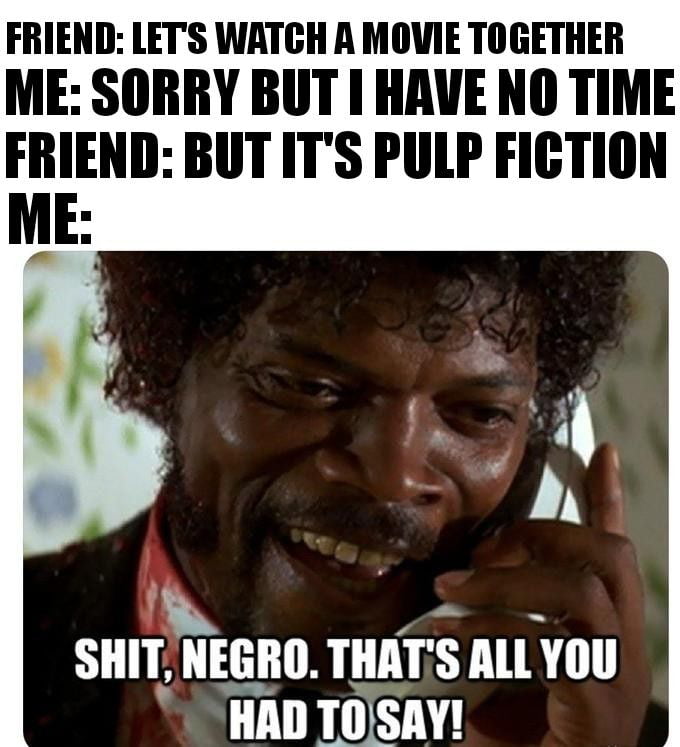
Why is there so much focus on secondary characters in the film?
It's simple 3 Batman spin-offs (2022) will be released based on the film, one about Arkham Asylum and the second about a penguin, in the future they plan to make a spin-off about Catwoman:
https://screenrant.com/the- batman-spinoffs-confirmed-others-should-get-made/
bye! (with sound)
Thank you for reading, I hope you liked it, if you can support, support this article with a plus sign.
15 awkward questions about the Batman movie [with spoilers] - Movies and series on DTF views
On one site about games and movies, there used to be a cool column: uncomfortable questions about movies. I decided, if possible, to resurrect the rubric already on DTF and ask the same questions to high-profile film premieres.
For example, here you can read uncomfortable questions about the latest James Bond movie, and here - about the movie "The Eternals".
This article collects questions that arose after watching "Batman" by Matt Reeves (since it appeared "in digital" and most of us, I believe, managed to see the film). Of course, the article is full of spoilers.
I would be happy to discuss in the comments if you have answers to some of the questions, and someone has their own questions.
WARNING, THERE ARE A LOT OF SPOILERS FOR THE BATMAN MOVIE.
1. Why couldn't Batman identify the girl in the photo with the mayor, and for this he had to go all the way to the Penguin?
Batman has real-time facial recognition technology, which is demonstrated to us when Selina Kyle puts on a "super lens" and goes on a reconnaissance mission at 44 below zero. But at the same time, the same technology is not able to identify a person in a photo? Yes, today even Yandex can search by photo! Or does Batman have some kind of limited base of faces of the inhabitants of Gotham and Annika was not included in it?
2. Seriously, a wingsuit flight that ends up hitting a bridge, falling onto the roof of a bus, car, asphalt, and after all that just a little lameness?
Seriously, a wingsuit flight that ends up hitting a bridge, falling onto the roof of a bus, car, asphalt, and after all that just a little lameness?
I understand that this is the most cinematic convention, but the film tries to look realistic against the background of the rest of the comics, and the fall is staged as if it were a peek into a Reeves film from another franchise. It looks so tough that it would be more suitable for Spider-Man with his ability to regenerate. Well, or Dominic Toretto at worst.
3. Why does Batman have a leather mask?
Throughout the film, bullets fly off his chest several times, the suit is completely bulletproof and Batman obviously uses this, not being afraid to go on a frontal attack. And in doing so, he made himself a leather mask? Just because none of the one hundred and fifty bandits, of course, will ever hit you in the head with a single shot, Bats? Will everyone shoot exclusively in the torso? Are you so sure of yourself ?
Although after the scene with the bomb on the DA's neck, I'm starting to have doubts that Batman's head needs protection at all, because.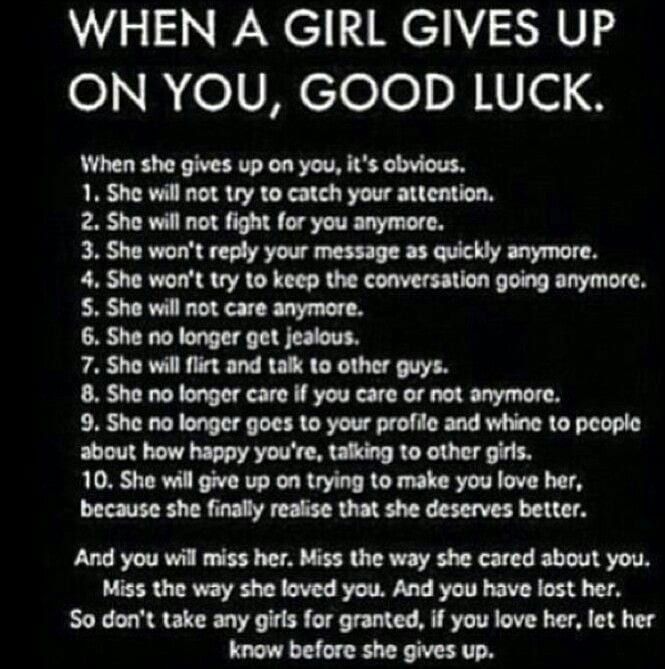 ..
..
4. Seriously-2, an explosion that did not hurt at all (not even seriously damaged) either the lower unprotected part of the face or the mask?
Yes Batman was standing half a meter away from the prosecutor, practically poking his chin right into the bomb. And flew five meters away from the blast wave. Didn't bounce, flew off. And after that, we are shown a close-up of a face in a leather (!) mask. Wholeheartedly. Well, like, covered with your hand, like when you sneeze?
5. Why didn't the Riddler come to kill Bruce Wayne personally?
Is it harder to break into the house of a reclusive billionaire than the mayor's house or to get close to the chief of police? Why was Wayne just sent a bomb in an envelope, and even counting on the fact that the owner of the largest corporation does not have a single assistant who sorts his mail? The Riddler personally killed the rest of his victims, but did he make such a convenient exception for the son of Thomas Wayne?
Or does the Riddler still know that Batman is Bruce Wayne? We are still not given a direct answer to this question.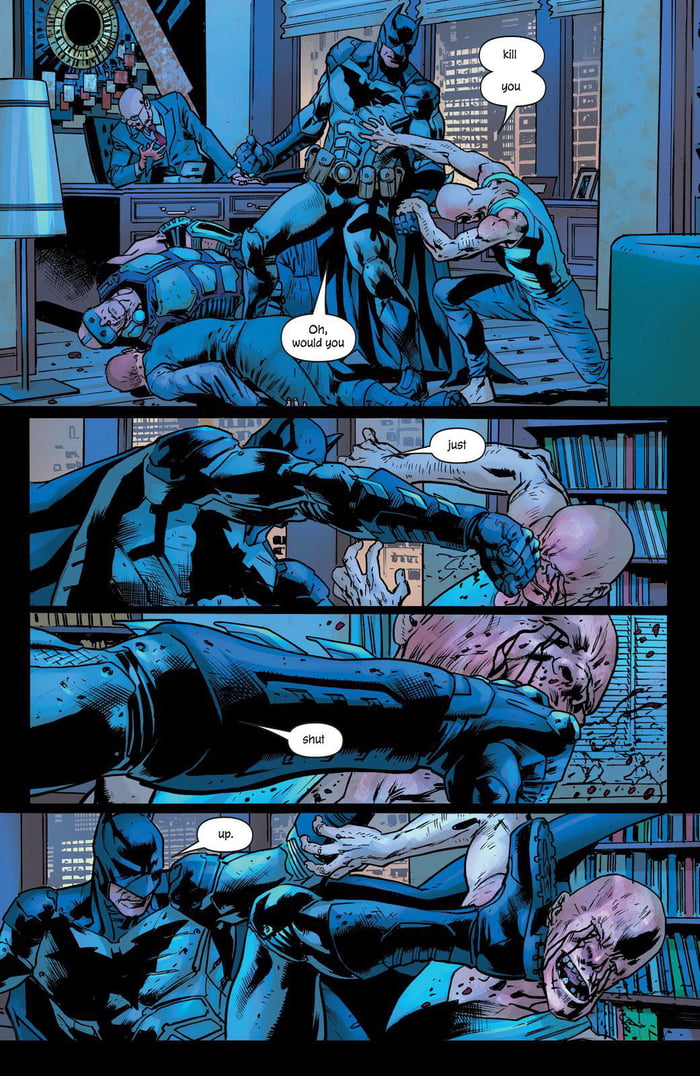 It seems like he doesn’t know, but in the hospital he starts the conversation like he knows, but by the end of the dialogue he doesn’t seem to know again. Or is it such a game on the part of the Riddler and he knows everything? Or was it just convenient for the scriptwriters, because you need to somehow make Alfred suffer and appear personal drama?
It seems like he doesn’t know, but in the hospital he starts the conversation like he knows, but by the end of the dialogue he doesn’t seem to know again. Or is it such a game on the part of the Riddler and he knows everything? Or was it just convenient for the scriptwriters, because you need to somehow make Alfred suffer and appear personal drama?
6. Why did the Riddler give up at all?
The film is obviously being compared to Fincher's Seven. In it, the elusive character of Kevin Spacey turned himself in to the police in the same way, but there it was part of the plan, reasonable and logical, without which all previous murders made no sense. And here? The Riddler turns himself in to meet Batman in the hospital and watch the explosions together? What is the point here? Okay, the Riddler thought he and Batman would become partners after a frank conversation and all that. But even if Batman agrees, what's next? Would Batman get the Riddler out of the hospital? He couldn't even break the glass of the camera.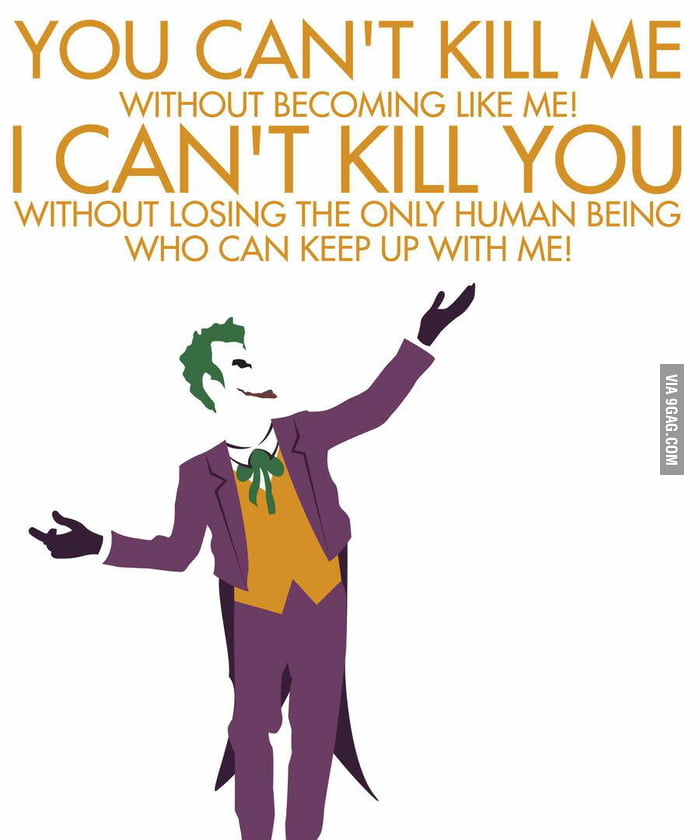 Why was it necessary to get into the camera at all, so that later from it to offer Batman to work together?
Why was it necessary to get into the camera at all, so that later from it to offer Batman to work together?
7. Why didn't Alfred tell Bruce the whole truth about Falcone and the murdered journalist earlier?
Alfred supports all the actions of Batman, knows who he is and what he does. Wouldn't it be logical to tell Gotham's Retaliation that the city's main criminal was also (most likely) responsible for the death of Wayne Sr.? Alfred has been trying for twenty years, in his own words, to find out the truth about the death of Thomas Wayne, so why not find it together with Bruce Wayne? Moreover, in this way, on top of everything else, you will save the city from the main bandit, isn’t this the mission of Batman, whom Alfred helps?
8. Do all residents of a multi-million city in 2022 continue to watch a single TV channel in unison?
The film tries to keep up with the spirit of the times: the Riddler posts his messages on social networks, broadcasts live on the Internet, where he gets likes and all that, but at the same time, the residents of the city instantly learn about all the new evidence, photos and audio recordings precisely from the TV, where there are regular live broadcasts of special news. This is some kind of completely old-school movie stamp, don't you think? Well, like how many people in general "in the moment" watch TV, especially always - the right channel? It is clear that this is another convention of the genre, but it looks so out of date in a film that is just trying not to be one, which becomes strange.
This is some kind of completely old-school movie stamp, don't you think? Well, like how many people in general "in the moment" watch TV, especially always - the right channel? It is clear that this is another convention of the genre, but it looks so out of date in a film that is just trying not to be one, which becomes strange.
9. And in general, if Falcone has the whole city in his pocket (the mayor, the police, the prosecutor), if he has been the shadow owner of Gotham for twenty years, why is the local television not in his pocket?
Like Falcone manages the mayor and prosecutor, but not the local press? Clearly, this is an important American myth about free and independent media that needs to be maintained in every film, but seriously?
The audio recording of the conversation between Falcone and Annika posted on the net (on the same YouTube) makes sense, because the Internet cannot be completely controlled and information will definitely spread.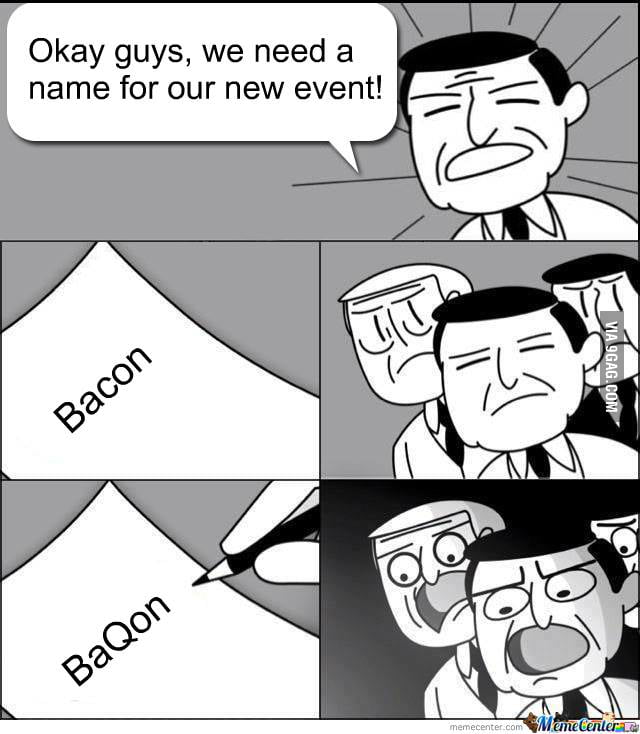 But the fact that this recording was broadcast on TV and immediately put on the news, and at the same time Falcone did not find a single “own” person in the channel’s management in order to avoid this publication? But how does he even manage this city for twenty years?
But the fact that this recording was broadcast on TV and immediately put on the news, and at the same time Falcone did not find a single “own” person in the channel’s management in order to avoid this publication? But how does he even manage this city for twenty years?
And on the same topic:
10. If everything is under control with Falcone and his people, and even elections (as the corrupt cop on the roof told us) do not solve anything, why at the beginning of the film we are shown that Mayor Mitchell and his rival Bella Real go head to head in the elections "?
So Mitchell could have lost the election? Why take the risk of letting the candidates go on a par, what's the point? How did such a corrupt elite in power allow Mitchell to have such a strong and independent competitor in the city?
11. Why did Kensi (the corrupt cop who helped Falcone kill Annika) keep her phone with such an important piece of evidence - a recording of the conversation before the murder?
Okay, he didn't know about the recorded conversation, but why even keep the phone number of the girl you killed? Kensi is that dumb or greedy? Or did he just know about the tape and kept it as a safety net to blackmail Falcone? Then why didn't you hide it better?
12. Falcone's part of the Riddler's plan was for Batman to "pull him into the light" so that the Riddler could shoot the "rat". Why such a complex scheme?
Falcone's part of the Riddler's plan was for Batman to "pull him into the light" so that the Riddler could shoot the "rat". Why such a complex scheme?
Falcone did not seem to live as a recluse (we are shown how he comes to the funeral of the murdered police chief). So what was the difficulty for the Riddler to just wait for Falcone to exit the club in a normal situation and shoot him from the same window in the same way? I understand if we were told that after the murders that began, Falcone lay low and did not show up anywhere, but this was not said anywhere?
If it was so important for the Riddler to involve Batman in this process, to make him an accomplice, then why in the rest of the murders did he limit himself to postcards to his imaginary "partner"?
13. Didn't the Riddler do more for the city in terms of fighting crime than Batman himself before the dam burst?
Yes, the last part of the Riddler's plan is terrible. The shooting of civilians, the flooded city.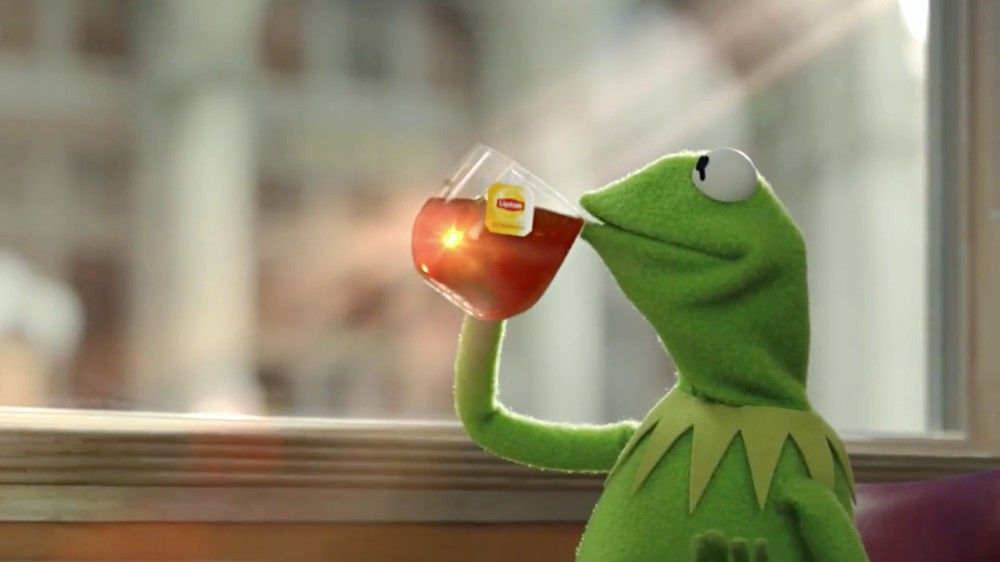 .. Yes, his methods raise questions , killing any person is always murder, but in general the Riddler revealed a corruption scheme that neither Batman nor the police (the honest part of it) have known for twenty years knew.
.. Yes, his methods raise questions , killing any person is always murder, but in general the Riddler revealed a corruption scheme that neither Batman nor the police (the honest part of it) have known for twenty years knew.
I'm not saying that the Riddler should be given a medal, but purely emotionally in the first two hours of the film, up to the discovery of a map with booby-trapped trucks, as if part of the sympathy is not even on the side of the "knight of Gotham". The desire to find a maniac operating in the city is quite understandable, but if you look at it a little more cynically, then this very maniac touches only the "bad" guys, not a single "peaceful" inhabitant suffered from his hands (Alfred is an accident) and in general on his account " total" three human lives. Yes, you yourself, in Pattison's voiceover, complain to us that the city is mired in violence: an ordinary gang of gopniks that Bats unwinds in the subway can take more lives in one evening than the Riddler for his entire villainous plan.
14. Who even guessed after the appearance of information about the flooding of the city to round up people in Gotham Square Garden?
In his final message to subscribers, the Riddler says that the center of the city, where Square Garden is located, is on a hill and all people will run there after the dam explosion, but then it is not clear why this center was eventually flooded? There are a lot of skyscrapers around, this is clearly visible on the shots with flooded streets, isn’t it more logical to send people to the upper floors of such high-rise office buildings, instead of gathering in a hall that is also built in such a way that it is located is below street level (this can be seen from the fact that water poured into the center of the hall).
15. This dude with the shotgun at the end, how long did he reload his weapon and then aim at Batman's face until Catwoman arrived? Five minutes? Hour?
Of course, it's silly to demand from a comic book film that shootouts be realistic, but the moment with Batman hanging on one arm while a follower of the Riddler chills over him is absolutely ridiculous.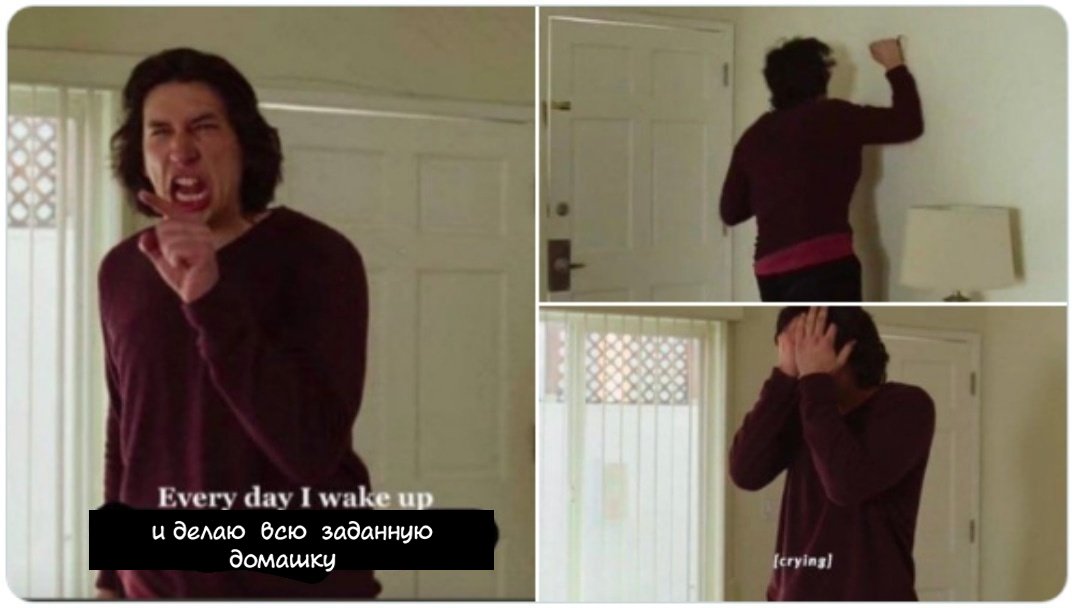
 io/yarn-clip/1c268e96-f744-4838-8963-bbb0e8a0b59b
io/yarn-clip/1c268e96-f744-4838-8963-bbb0e8a0b59b